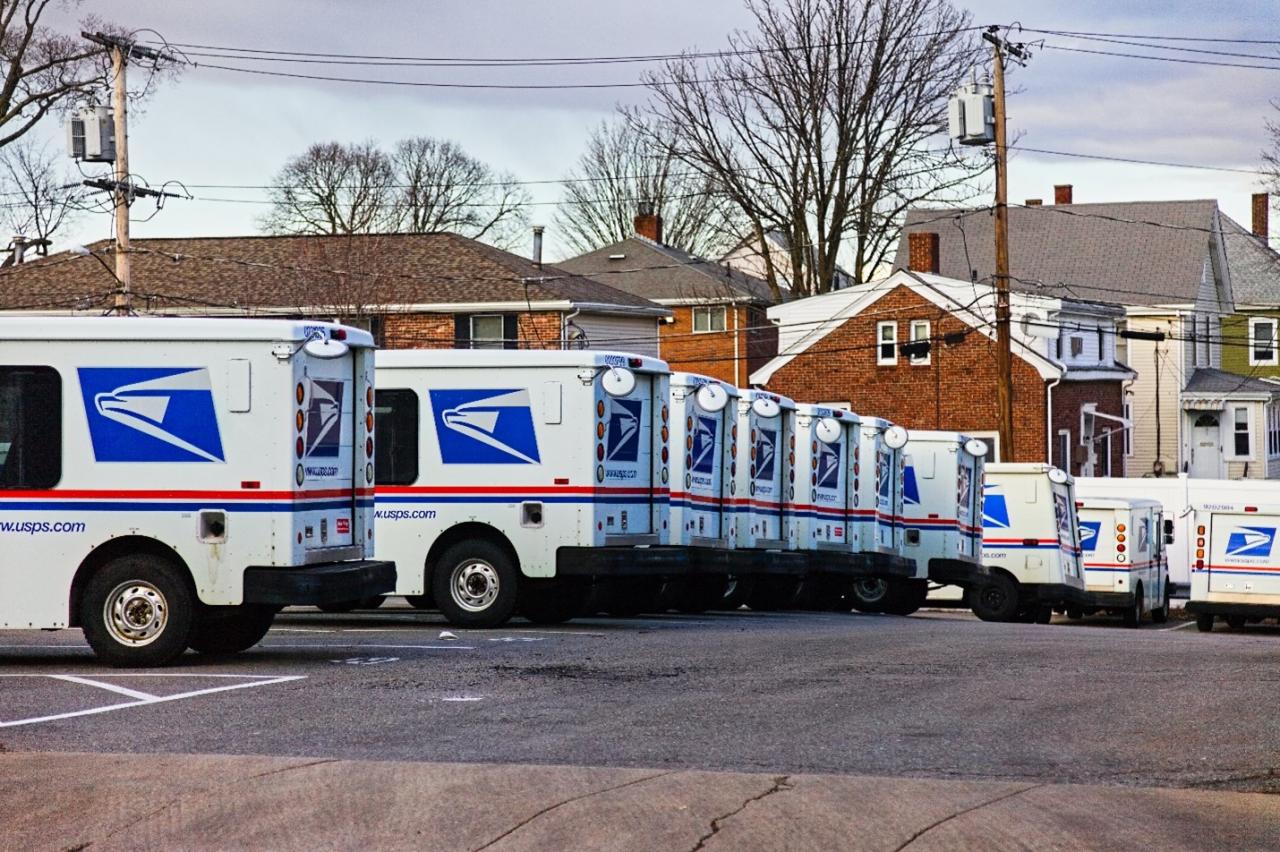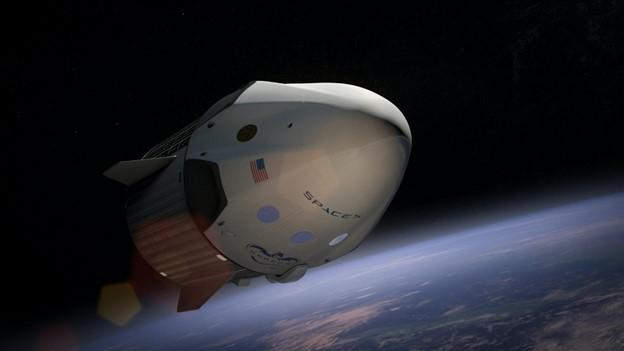The United States Postal Service (USPS) is changing in many ways for a sustainable financial future while offering more services to customers including paycheck-cashing. The USPS is testing this new feature in several East Coast post offices over the last month that financial experts indicate it has the potential to transform how underserved and low-wage Americans access their money.
USPS customers can cash in their paychecks in the Bronx, Washington, Falls Church (VA), and Baltimore for Visa gift cards with the maximum limit of $500. If this test proves to be successful, the USPS will expand the program to offer customers more financial products such as ATMs and bill-paying services.
This plan has few details as it is a sensitive business strategy to discuss but can help to solve some problems within the USPS. This financial program will help break the barrier of many U.S. households face in accessing their money and building wealth as well as helping the USPS financial condition that resulted in an overhaul with a 10-year plan to revitalize the postal service.
Though the new program is limited in scale, it symbolizes the USPS’ most ambitious shift into offering financial services over the previous decades. Despite selling money orders, the USPS dropped other financial services in 1966 and the new program shows the leaders of the USPS are open to the new concept.
Post officials have some hesitation with the new line of business that will require personnel and significant technological upgrades, which is why they are testing in a few locations, for now, to determine whether it will be successful moving forward. Union officials indicate the financial program will reach post offices nationwide by the holidays.
The USPS will soon start advertising the new service nationwide in the hope of getting more foot traffic during the peak season that will help to gauge consumer interest that will determine effective price points. This new revenue stream will give the USPS the chance to hire more, much-needed employees but is meeting some skepticism that the USPS can handle an expansive line of business that will be met with significant upfront costs.




